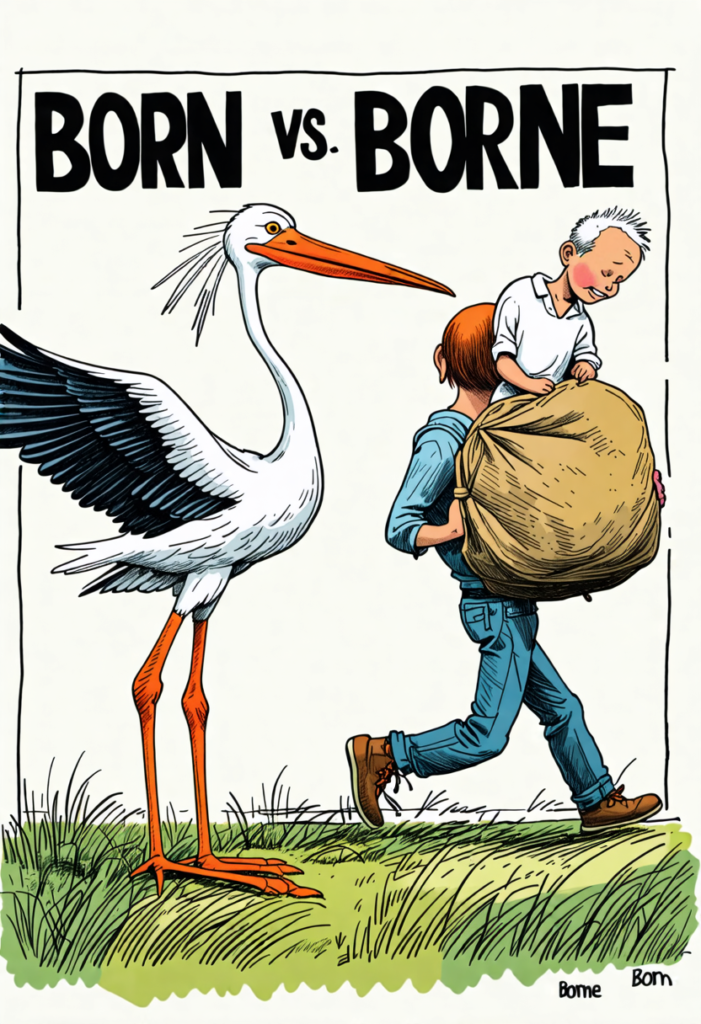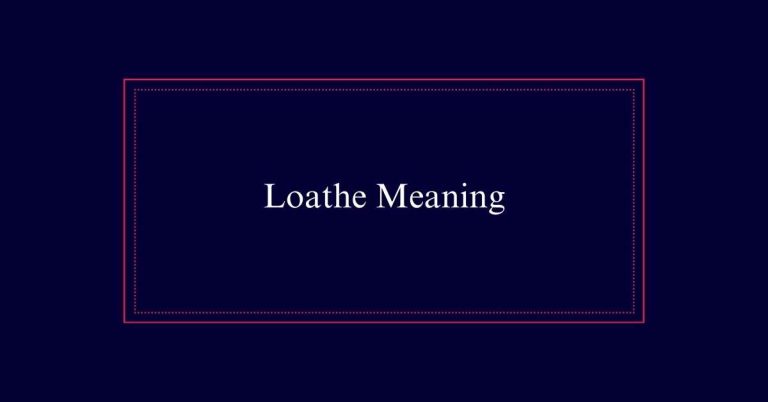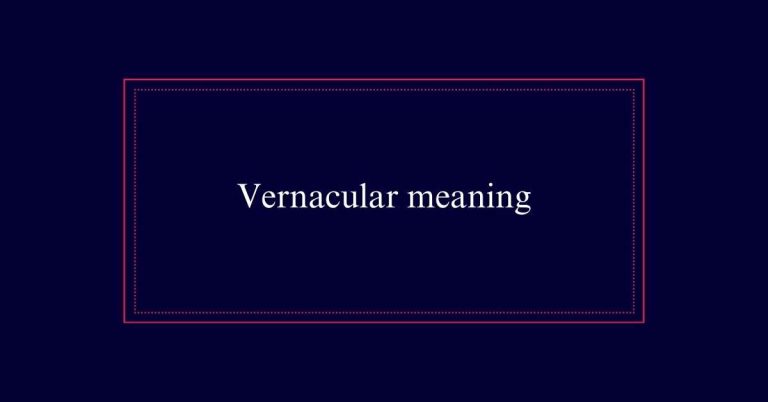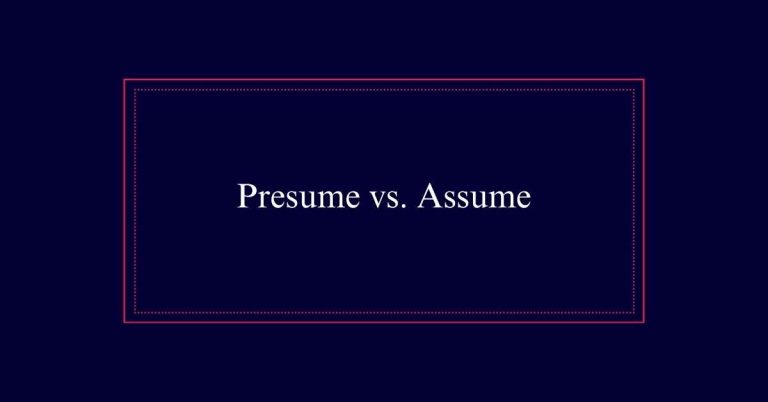Born vs. Borne
The difference between ‘born’ and ‘borne’ stems from the verb ‘bear.’ ‘Born’ is used strictly for birth-related contexts. It describes coming into life or having innate qualities, as in “born leader.” ‘Borne’ applies to carrying, transporting, or enduring something, like in “airborne diseases.” It is unrelated to birth. For instance, “evidence borne out by facts” shows validation. Both words connect to ‘bear,’ but their contexts differ.
Definition of Born
The term ‘born’ is the past participle of the verb ‘bear’ when referring to the act of birth. It is used to indicate the event of coming into life. For instance, one might say, ‘She was born in New York.’ This usage specifies the place or time of birth.
Additionally, ‘born’ can refer to innate qualities or talents, such as in the phrase ‘a born leader.’ Here, it suggests that leadership is a natural trait. Essentially, ‘born’ is strictly linked to the context of birth and natural abilities.
It does not imply being carried or supported by something, a distinction vital for understanding its proper use.
Definition of Borne
In contrast, ‘borne’ is the past participle of ‘bear’ used in contexts unrelated to birth. It means to carry, transport, or endure something. For instance, in phrases like ‘airborne diseases’ or ‘waterborne pathogens,’ ‘borne’ indicates that the diseases are carried by air or water.
Similarly, you might encounter ‘risk-borne’ strategies, which means strategies that involve carrying or managing risk. ‘Borne’ is also used to describe something that is upheld or supported, such as ‘borne out by evidence,’ meaning confirmed or validated by proof.
As a result, ‘borne’ is versatile and applies to various scenarios where carrying, enduring, or supporting something is involved. This differentiates it clearly from the birth-specific ‘born’.
Verb Bear Explained
Understanding the verb ‘bear’ is crucial to distinguishing between ‘born’ and ‘borne.’ The verb ‘bear’ has multiple meanings, including to carry, endure, produce, or give birth to something.
When ‘bear’ refers to the act of giving birth, its past participle form is ‘born.’ For instance, ‘She was born in 1990.’
In all other contexts, the past participle form is ‘borne.’ For example, ‘The burden was borne by the team.’ ‘Borne’ is used when discussing something carried or tolerated, such as in ‘airborne diseases’ or ‘stress-borne challenges.’
Usage of Born
To conclude, ‘Born’ is specifically used when discussing the act of coming into existence through birth. It pertains to both the literal event of birth and metaphorical concepts related to origin.
For example, one might say, ‘He was born in New York,’ indicating the place of birth. Additionally, ‘born’ can describe innate qualities or talents, such as ‘a born leader,’ implying a natural ability.
The term is also used in expressions like ‘born out of necessity,’ signifying something that originated due to a specific need. Ultimately, ‘born’ is reserved for contexts involving birth, inherent traits, or the origination of ideas or circumstances. This clear distinction helps in using the term precisely and accurately.
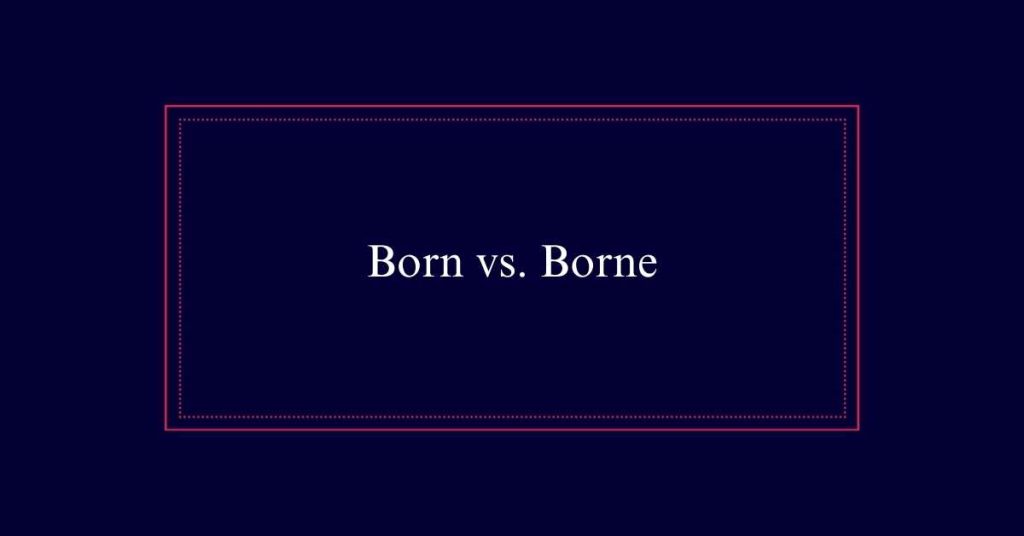
Usage of Borne
‘Borne’ is used to describe something that has been carried or transported by a medium or agent. In this situation, ‘borne’ often appears in phrases related to diseases or conditions transmitted by vectors. For example, ‘water-borne diseases’ refer to illnesses carried by water. Similarly, ‘airborne particles’ denote particles carried through the air.
‘Borne’ can also describe responsibilities or burdens that someone has carried. For instance, ‘the costs were borne by the company’ means the company took on the financial burden. The term is not linked to birth, unlike ‘born.’ Instead, it emphasizes the idea of being transported or endured. Therefore, ‘borne’ is important when discussing things carried by mediums, agents, or even metaphorical burdens.
Common Phrases With Born
While ‘borne’ is often associated with being carried or endured, ‘born’ is typically used in phrases that emphasize natural ability or origin.
Common phrases with ‘born’ include ‘born leader,’ which refers to someone with an innate ability to lead. Another example is ‘born and bred,’ indicating that someone was raised in a particular place and has its characteristics.
‘Born to succeed’ suggests a natural talent for achieving success. ‘Born out of necessity’ describes something that originated because it was needed.
Common Phrases With Borne
Commonly used in contexts where carrying or enduring is implied, ‘borne’ frequently appears in phrases like ‘airborne’ and ‘waterborne.’ These terms describe how something is carried or transmitted.
For instance, ‘airborne’ refers to particles or diseases that travel through the air. Similarly, ‘waterborne’ describes those that move through water.
Other common phrases include ‘food-borne,’ indicating illnesses transmitted via food, and ‘mosquito-borne,’ which refers to diseases carried by mosquitoes.
‘Borne out’ is used in contexts of validation, meaning supported by evidence. These phrases highlight the broad applicability of ‘borne’ in describing various methods of transmission or support, distinguishing it clearly from its counterpart ‘born.’
Examples of Born
Born’ is used to describe the event of coming into existence or being brought into life. For example, ‘She was born in New York,’ indicates the place where she came into the world.
Another usage is in phrases that highlight innate qualities, such as ‘a born leader,’ suggesting someone has a natural talent for leadership.
Additionally, ‘born out of necessity’ describes something that originates due to a specific need.
In historical contexts, you might see ‘a Scottish-born knight,’ referring to the birthplace of an individual.
These examples illustrate how ‘born’ is tied to birth or inherent traits, distinguishing it clearly from the past participle ‘borne,’ used in other contexts.
Examples of Borne
Borne is often used to describe something that is carried or transmitted by a particular medium or agent. For example, ‘waterborne diseases’ are illnesses carried by contaminated water. Similarly, ‘airborne particles’ refer to tiny particles that are carried through the air.
Another common usage is in ‘foodborne illnesses,’ which are diseases transmitted through contaminated food. Additionally, ‘vector-borne diseases’ are those carried by insects or other vectors, such as ‘mosquito-borne malaria.’ The term ‘borne’ clearly signifies the medium or agent responsible for carrying or transmitting something, making it distinct from ‘born,’ which relates to birth.
Understanding these examples helps clarify the specific contexts in which ‘borne’ is appropriately used.
Choosing Born or Borne
When determining whether to use ‘born’ or ‘borne,’ it is crucial to take into account the context in which the word will be used. The meanings differ based on their application:
- Birth Context: Use ‘born’ when referring to the act of being brought into life. For example, ‘She was born in April.’
- Carrying or Transporting: Use ‘borne’ when talking about something being carried or transported. For example, ‘The virus is mosquito-borne.’
- Innate Qualities: Use ‘born’ to describe innate talents or characteristics. For example, ‘She is a born leader.’
Understanding these distinctions ensures precise and appropriate usage. Both words derive from ‘bear,’ but their meanings diverge significantly based on context.
Frequently Asked Questions
Can “Born” and “Borne” Ever Be Used Interchangeably?
Born and borne cannot be used interchangeably. “Born” relates to birth or innate qualities, while “borne” refers to being carried or supported by something. Each word serves distinct purposes based on context.
How Do Other Languages Distinguish Between “Born” and “Borne”?
Languages like French and Spanish use different verbs to distinguish between “born” and “borne.” For example, in French, “né” means born, while “porté” means carried. This separation clarifies their distinct meanings.
What Are Common Mistakes When Using “Born” and “Borne”?
Common mistakes include using “borne” instead of “born” when referring to birth, and using “born” instead of “borne” in contexts like “food-borne illness.” Misunderstanding their specific uses leads to such errors.
Can “Born” and “Borne” Be Used Metaphorically?
Yes, “born” and “borne” can be used metaphorically. “Born” can describe innate qualities, like a “born leader.” “Borne” can denote support or validation, as in “his theory was borne out by evidence.”
